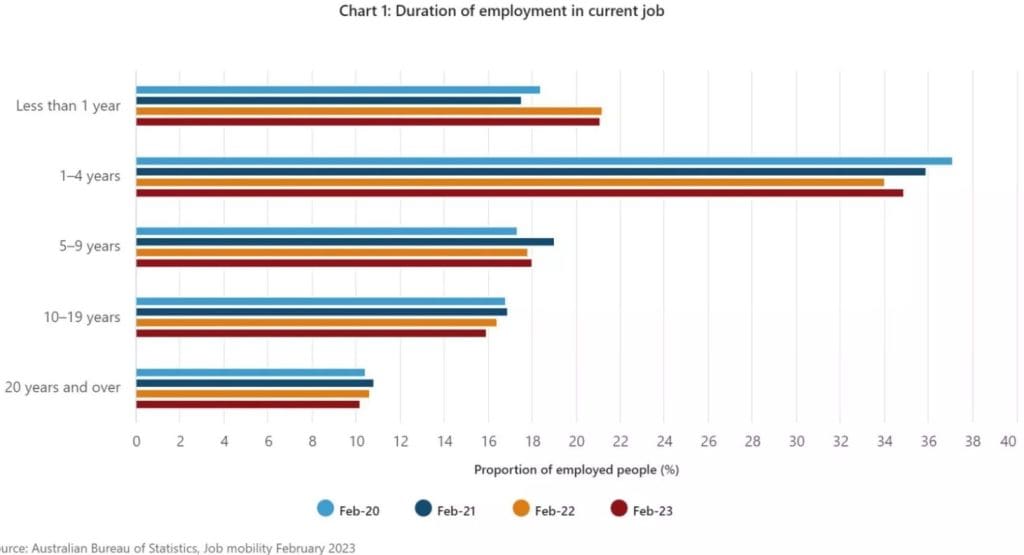Latest listings on AgJobs Central recruitment page:
- Farm manager, East Stirling, South Coast WA (Wilga Farming)
- Stockyard designer/area rep, Wagga Wagga NSW (Proway Livestock Equipment)
- Livestock hand – dynamic feedlot role, New England – NSW (DroverAg client)
- Livestock overseer – stud & commercial Merinos, Riverina NSW (DroverAg client)
- Station hand, Central Highlands Qld (DroverAg client)
- Farm manager – dual purpose Merino breeding, Dunkeld Vic (DroverAg client)
- Machinery operator farm hand, Horsham Vic (DroverAg client)
- Farm hand – family sheep enterprise, Southern Grampians Vic (DroverAg client)
- Senior farm hand, Beckom – NSW (DroverAg client)
- Farm manager – prime lamb focus, Cowra NSW (DroverAg client)
- Senior mechanic, Donald Vic (DroverAg client)
- Manager, Rural Futures (Rimfire client)
- Farm manager, Moree – NSW (Ridgewood Farms)
- Overseer, Alexandria Station NT (NAPCo)
- Feedlot manager, Jondaryan QLD (Stockyard)
Click here to access these and other exciting meat and livestock supply chain positions currently listed on AgJobs Central.

In times past, people’s working lives often played out over many years at one company, but now the world has vastly changed.
These days it is common to shift between jobs and organisations – and it applies in agriculture as much as any other field.
But this practice raises questions about what is today considered the ‘Goldilocks time’ to spend in a job.
The following chart taken from ABS statistics last year provides insight into how regular people have change jobs in recent years.

Job mobility in relation to age
It shows that younger workers are generally more mobile than older ones. In February 2023, the job mobility rates for selected age groups were as follows (ABS 2023):-
- 15-24 years – 14.9pc
- 25-44 years – 11.2pc.
- 45-64 years – 5.9pc.
- 65 years and over – 2.1pc.
It is not surprising that young people change jobs more frequently than older people (the average job tenure for Australians aged 25-35 is 2 years and 8 months).
There is often a degree of experimentation required for new entrants to the workforce to find a job that best fits their personal requirements. In addition, a more frequent change in jobs is commonly a way of fast-tracking the development of skills and experience on which to establish a future career.
No hard and fast rules on how long to stay in a job
The reality is that people change jobs for a multiplicity of reasons including personal career aspirations, personal growth requirements, to gain new skills, the need for a new challenge or simply that they have achieved what they set out to do when they took on the role.
Consider length of tenure from an employer’s point of view
When an employer is evaluating a candidate for a job, they will commonly view past employment history as an indication of what the candidate’s career will look like with them.
Employers will often be accepting of a history of leaving one job after a short period of time, but if jobs have been left regularly after a short period of time, it can really prompt questions about ability to stick it out or lead them to query performance history.
It is an expensive process for an employer to engage, on-board and train a new employee.
 Candidates can understand that employers will be evaluating whether, as a new employee, the candidate will remain with the company long enough for them to justify the resources that will be invested in them.
Candidates can understand that employers will be evaluating whether, as a new employee, the candidate will remain with the company long enough for them to justify the resources that will be invested in them.
On the other hand, where a candidate has stayed in one organisation or one job without promotion, for a long period of time, an employer may question whether they lack drive or ambition or whether they are used to a particular way of doing things and have become comfortable and inflexible.
When being interviewed for a change in employment, it is important that job seekers are aware of the red flags that may emerge from their employment history, whether it be that they are in danger of being perceived as a job-hopper, or the opposite – someone who has remained in a role for too long, not venturing beyond their comfort zone, stagnating and failing to learn new skills.
All job candidates need to be aware of the perception that an employer gains from their resume and provide the prospective employer with reassurance that they will remain in the position long enough to make a positive contribution to the organisation, or that they have the capability to be adaptable and flexible when encountering a new and unfamiliar environment.
Source: Brett Price, Agricultural Appointments.


HAVE YOUR SAY